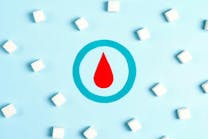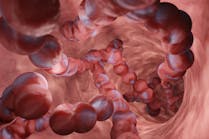Beating the poppy seed defense: new test can distinguish heroin use from seed ingestion
Is the death knell about to sound for the infamous “poppy seed defense”? Heroin is one of the most widely used illegal drugs in the world, but drug testing has long been challenged by the difficulty of separating results of illicit heroin users from those who have ingested poppy seeds containing natural opiates. Research published in Drug Testing and Analysis explores a new test which may provide an answer.
The research team sought to identify an acetylated derivative which is known to be present in street heroin, but would not be found in either poppy seeds or medicines that contain opiates. Study authors identified a unique glucuronide metabolite (designated ATM4G) that can be used as a marker of street heroin use.
“A high frequency for the presence of ATM4G in urine is highly noteworthy and strongly suggests that detection of this metabolite may offer an important advance in workplace drug testing and forensic toxicology, providing a potential solution to the so-called poppy seed defense,” says study co-author Andrew Kicman, PhD, of the Department of Forensic and Analytical Science at King’s College, London.





